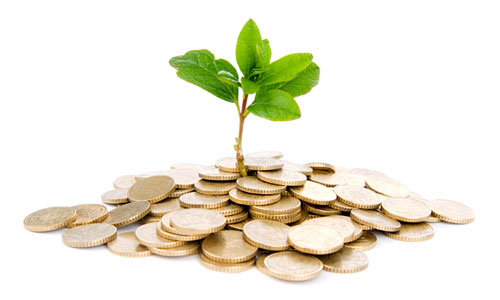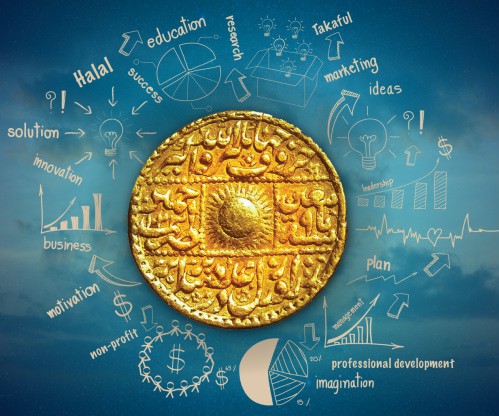8 Islam’s Measures for Realizing Economic Justice / part 5
#5
Economic balances by means of Islamic taxes
Islam has laid down certain taxes like Zakat (poor-rate) and Khums (one-fifth of a Muslim’s income paid to the treasury every year). They are taken from the well-off according to certain provisions, and delivered up to the destitute to satisfy their needs, solve the problem of poverty, and in doing so, achieve economic justice. The ultimate goal of Islam here is to meet the economic needs of all Muslim individuals, so that no one is left deprived in the whole Muslim World.
Imam Ja’far bin Muhammad al-Sadiq (a.s.) is reported to have said:
“Surely, Allah the Almighty and Exalted ordained a portion from the wealth of the rich to be handed out to the poor which satisfies them. Otherwise, He would certainly have increased their share. If they, however, remain unsatisfied, that is because some people deny them their undisputed right.” 2
In a dialogue between the Prophet (s.a.w.w.) and a man who came asking him about faith, the Prophet (s.a.w.w.) described Zakat as a redress for the poor and a means to ensure a balance between the needy and the rich.
The man narrated that he had asked the Messenger of Allah (s.a.w.w.) what he called for and describes the following dialogue.
“I call the servants of Allah to serve Allah,” the Prophet (s.a.w.w.) replied.
“What do you say?,” I enquired.
“Bear witness,” the Prophet (s.a.w.w.) said, “that there is no god but Allah and that I, Muhammad, am the Messenger of Allah. You must believe in what He revealed to me, deny the deity of al- at and al-Uzzah, keep up prayer and pay Zakat.”
“And what is Zakat?,” I asked him.
“The well-off among us,” he told me, “hand back the money set aside to the poor among us.” 3


